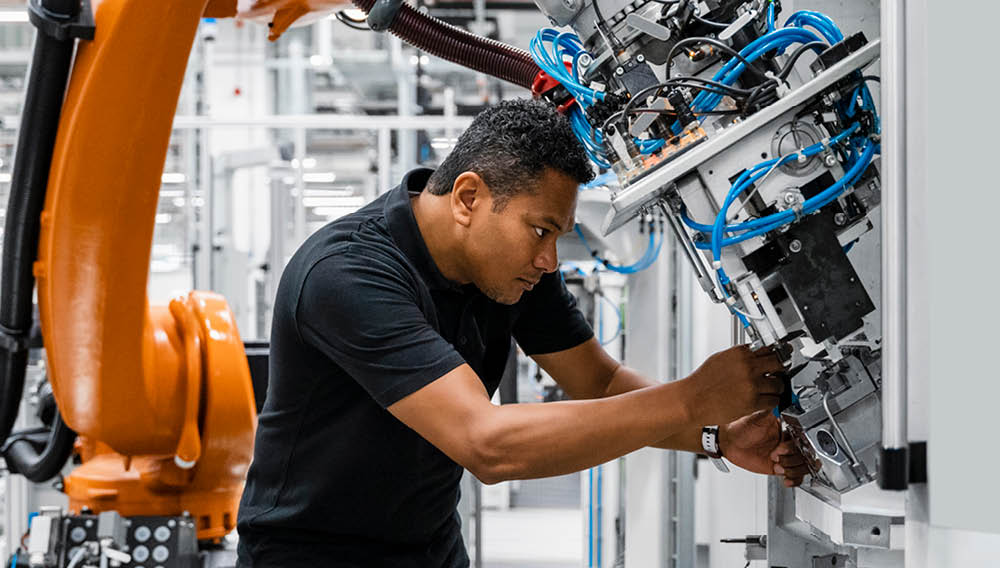Tech Versum: Explore the Future of Technology
Dive into the latest trends and innovations in technology with Tech Versum.
When Robots Become Your New Roommates
Discover how living with robots could change your life! Explore the future of AI roommates and their surprising perks.
The Future of Co-Living: How Robots Will Transform Our Homes
The concept of co-living has evolved significantly in recent years, offering not just shared spaces but also a sense of community and collaboration. As we look towards the future, it is becoming increasingly clear that technology will play a pivotal role in shaping these living environments. One of the most intriguing developments is the integration of robots into our homes. These advanced machines promise to enhance the co-living experience by automating mundane tasks such as cleaning, cooking, and even security, allowing residents to focus on building connections and enriching their daily lives.
Furthermore, as robust AI technology continues to advance, we can expect robots to take on more sophisticated roles within co-living spaces. Imagine a scenario where a robot personal assistant not only manages household chores but also organizes community events, promotes eco-friendly practices, and fosters inclusivity among residents. The potential for a seamless coexistence between humans and robots in co-living arrangements is immense, paving the way for a new era where shared living is not just about space, but also about shared experiences and support systems.

Roommates or Robots? Navigating Life with AI Companions
As technology continues to evolve, the question of whether to choose roommates or robots for companionship becomes increasingly relevant. In today's fast-paced world, many individuals are turning to AI companions as a solution for social interaction and support. These advanced systems can provide a level of engagement that enhances emotional well-being, making them an attractive alternative to human roommates who may bring unpredictability and conflict into daily life.
However, the choice between roommates or robots is not without its complexities. While AI companions can offer consistent companionship and assist with daily tasks, they lack the depth of human emotions and experiences. For those who value the nuances of human relationships, the idea of sharing a living space with a robot might raise concerns about loneliness and the loss of authentic connections. Ultimately, navigating life with AI companions requires a balance of embracing technological benefits while acknowledging the irreplaceable value of human friendships.
Are You Ready for a Robot Roommate? Pros and Cons Explained
As technology continues to advance, the idea of having a robot roommate is becoming increasingly plausible. One of the major pros of having a robot companion is their ability to assist with daily tasks. For instance, robots can manage household chores, monitor security, and even help with meal preparation. This can drastically reduce the amount of time spent on mundane activities, allowing you to focus on more important aspects of life, such as work or leisure. With programmable features that can be tailored to individual preferences, having a robot roommate could also enhance personalized living experiences that match your lifestyle.
However, there are cons to consider before welcoming a robot roommate into your home. One significant concern is the potential for high initial costs and ongoing maintenance expenses, which could outweigh the benefits they provide. Additionally, some people may struggle with the emotional implications of living with a machine rather than a human. Questions about privacy, data security, and the ethical implications of robot integration into daily life also arise. Ultimately, while a robot roommate can offer convenience and efficiency, it’s essential to weigh these pros and cons carefully before making the leap into a future where humans share their space with robots.